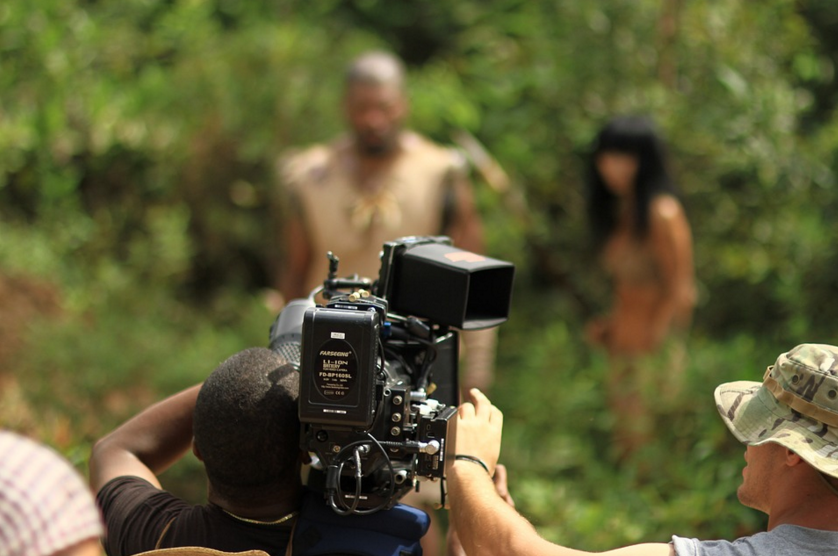Film school is unlike any other educational experience in its multidisciplinary demands to master technical skills, collaborate with others, critique your own and others’ work, balance ideas with practicalities, and so much more. If you work hard, you can leave film school with the skills to make great films. But not only that, you’ll also graduate film school having learned some brilliant life lessons that can help you both on and off set.
1. Point of view.
Seeing the world from the perspective of people unlike yourself is key to making great films — and being a good human.
Although the Internet is cluttered with DIY info on filmmaking, only film school will force you to learn your craft in a hands-on, supportive and critical environment, away from your cheerleading friends and family.
2. Beyond desire there must be hard work and time.
Film school requires a commitment of not only money, but also time. And time is exactly what’s needed to master a craft.
As this IndieWire article puts it, “Depending on who you ask, researchers currently contend that it takes anywhere from 10,000 to 20,000 hours of practice to achieve mastery in a field. Whether those numbers are perfectly accurate is moot; the takeaway is that filmmaking, like painting, athletics, playing the piano or being a rocket scientist, takes a massive amount of time and dedication to master.” Film school gives you the opportunity to study and practice your craft.
3. Success depends on collaboration…
And collaboration depends upon your ability to communicate your ideas in a clear and compelling way. There are many walks of life that benefit from great communication skills, but few other educational tracks demand excellent communication as film does.
As we stressed in this previous article, “Filmmaking is a communal craft.” It can’t generally be approached in solitude the way you might in writing novel or painting a canvas.
To ensure your crew and talent understand and feel motivated to help you capture your vision for the screen, you must be able to walk the line between communicating passionately and clearly, which is a fine line to walk!
4. Freedom within constraints.
There is tremendous freedom allowed in film school, but it is within the structure of classes and projects and under the supervision of teachers who are experts in their field. Negotiating the territory between complete freedom for experimentation and limitations placed on you by deadlines, budget, and project parameters might very well be the most important lesson you can learn as a creative person.
As this IndieWire article put it, “When you rebel against film school it’s therefore often a sign that film school is working; an indication that you’re defining your own values and your own unique view of cinema.”
5. Don’t fear failure.
We know this intuitively or we’ve heard it out of the mouths of those we admire: we learn more from our failures than our successes. Film school gives you a chance to learn this lesson before you get out into the real world where mistakes and failures can cost millions.
By giving you the opportunity to try things that you might not get a chance to try again — crazy things that no producers would ever back you on — and succeed or fail, you will be the better for running the risk.
What have been your greatest life lesson takeaways from your time in film school? Let us know in the comments below! And, if you’re just about ready to begin a new film school adventure, apply today for the New York Film Academy.
